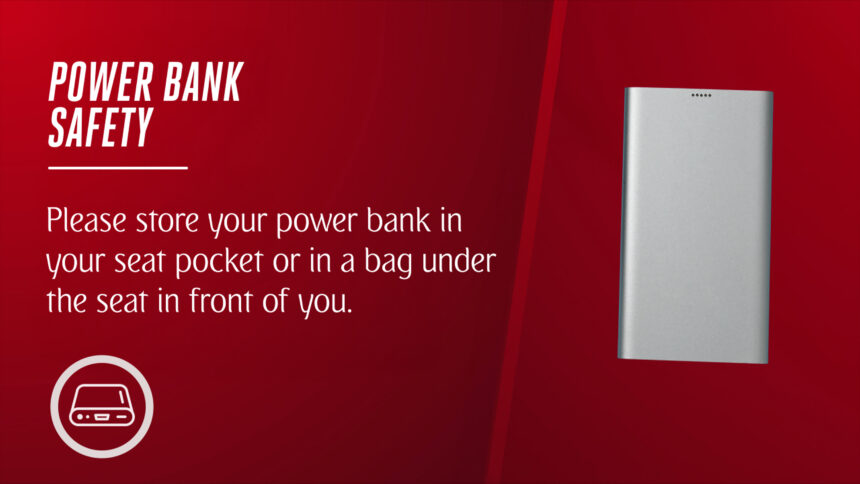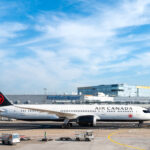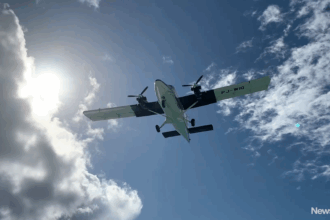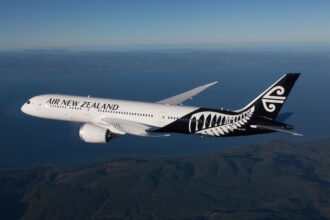Emirates will introduce new rules banning the use of power banks during flights from 1 October 2025, following a safety review into the risks posed by lithium batteries.
Under the updated policy, passengers may still carry one power bank with a capacity of under 100 watt hours, but it cannot be used to charge devices while in the air, nor can it be recharged from the aircraft’s power supply. The device must have its capacity clearly labelled and must be stored in either the seat pocket or a bag under the seat in front. Storing power banks in overhead lockers will not be permitted, and placing them in checked luggage remains prohibited under existing rules.
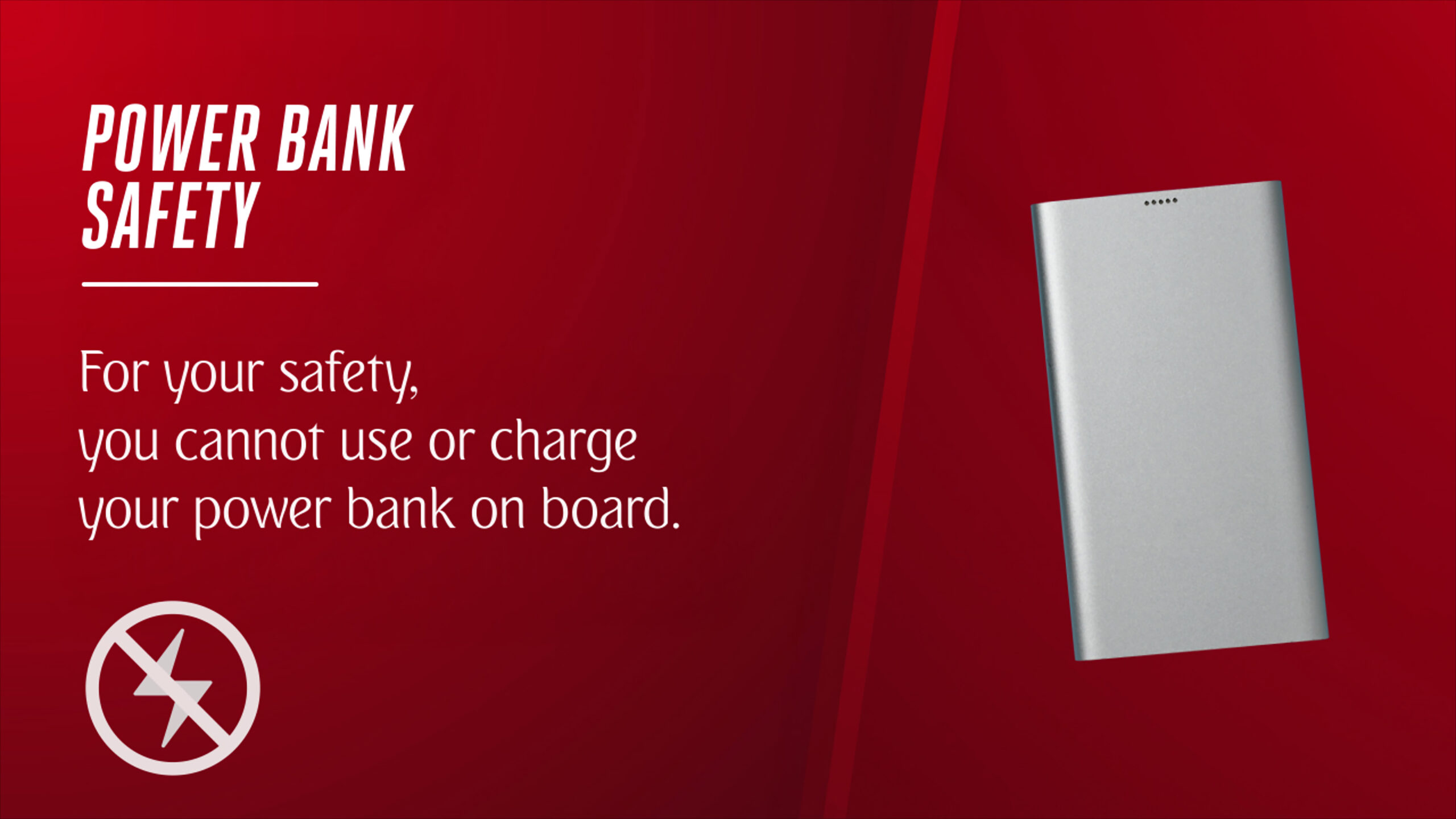
The decision comes after what the airline describes as a comprehensive safety review, prompted by an increase in lithium battery-related incidents across the wider aviation industry. Power banks, which use lithium-ion or lithium-polymer cells, are portable battery packs designed to recharge devices such as phones, tablets, laptops and cameras.
While many modern devices have built-in systems to prevent overcharging, some basic power banks lack these protections. Without safeguards, a damaged or overcharged battery can enter a dangerous process known as thermal runaway — a rapid and uncontrollable increase in temperature that can cause fires, explosions, or the release of toxic gases.
By prohibiting their use and ensuring they are stored in easily accessible locations in the cabin, the airline aims to reduce the likelihood of incidents and allow crew to respond quickly in the rare event of a fire.
The change adds to existing international aviation safety measures, which already ban spare lithium batteries from being placed in checked baggage. The updated rules will apply to all Emirates flights from October next year.


